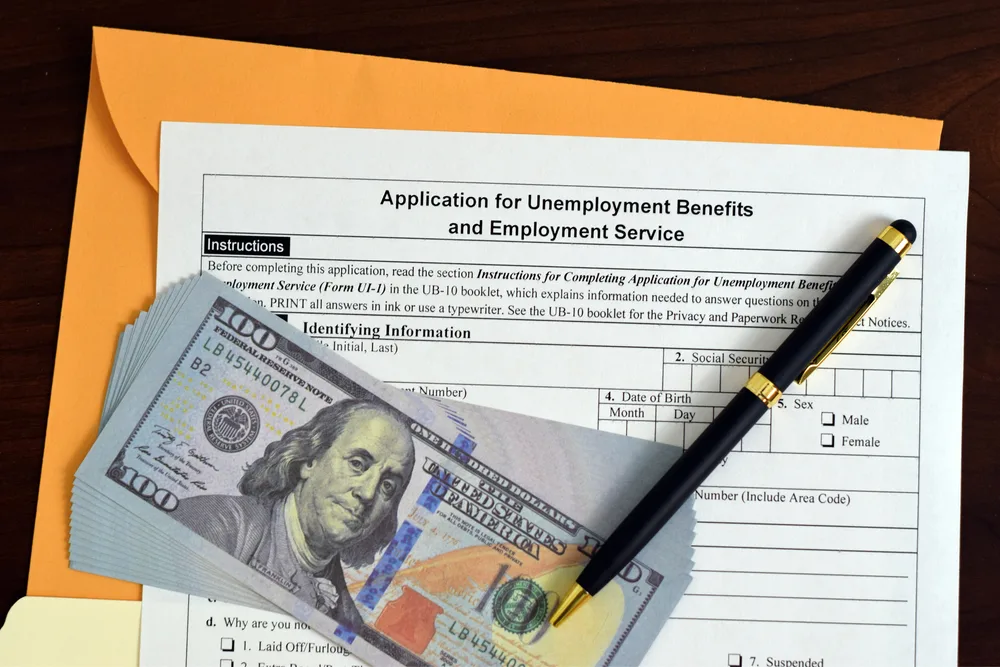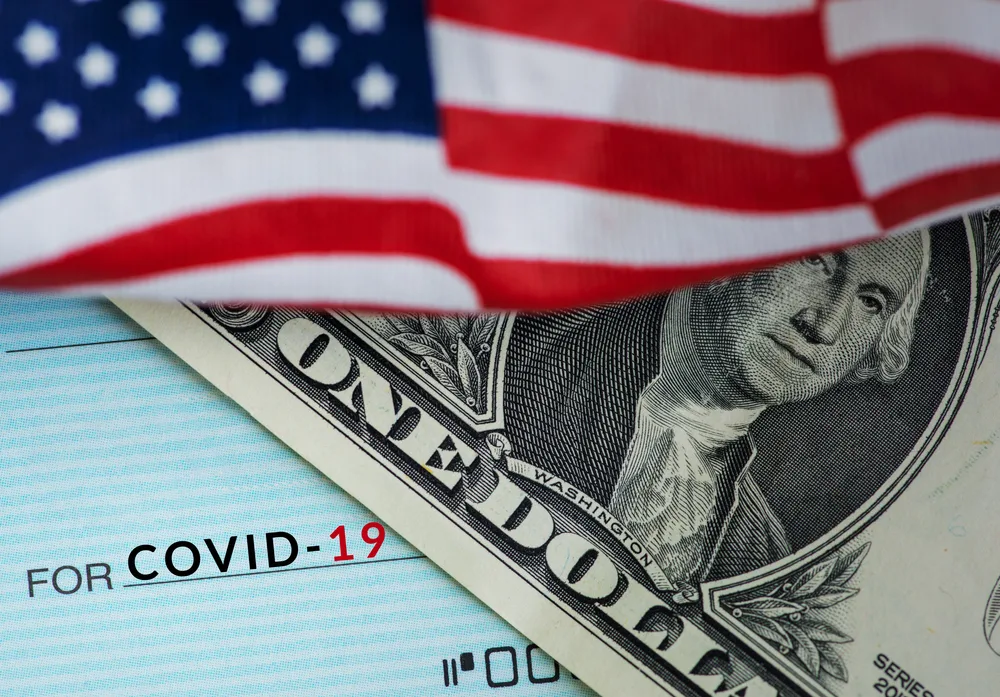
You may be eligible for benefits from state or local programs, or from a combination of both. Government assistance programs are available for families with incomes below certain thresholds who need help paying for medical bills, food, housing, childcare, etc.
These government assistance programs can also reduce your out-of-pocket expenses by lowering your co-pay and deductible amounts. If you qualify, these government assistance programs may lower the cost of your healthcare bill or other related expenses. Even if you don’t meet the income requirements for some of these programs, it never hurts to apply.
Many states also have special low-income programs that aren’t necessarily aimed at people who are unemployed. Call a caseworker at your local Department of Human Services office to see if you qualify for any government assistance programs.
What You Should Know Before Applying
You may be able to get help from the government with housing, utilities, food, childcare, healthcare, education costs, and other expenses. These programs are there to help you when you need them most.
But how do you know if you qualify and how to apply? Many government assistance programs are income-based. This means that regardless of how much you earn, you may be eligible for assistance if you can show that you need the help.
However, there are some programs that are not income-based, such as the Supplemental Nutrition Assistance Program (SNAP) and Medicaid.
What Kind of Help Are You Looking For?
The easiest way to find out which programs you qualify for is to visit your local Department of Human Services office and apply in person. There are numerous government assistance programs that you can apply for, but the main categories are housing assistance, food security, healthcare, child/dependent care, and education assistance.
You can also search online for local non-profit organizations that may offer assistance. Make sure to check if the organization is government-funded or if they have their own private resources to offer assistance.
Housing Assistance
- This program can help you pay your rent or mortgage, repairs, security deposits, and energy bills. Depending on your situation, you may be able to receive financial assistance directly from the government or apply for government-backed loans.
Food Assistance
- Most people are aware of the food assistance program known as SNAP (formerly known as food stamps). You can find out if you qualify for this program online or at your local Department of Human Services office.
Healthcare Assistance
- There are several health insurance programs that you may be eligible for, such as Medicaid, Medicare, and CHIP. These programs provide you with government-funded healthcare and may include prescription drug coverage as well.
Child/Dependent Care Assistance
- If you need help finding affordable child or dependent care so that you can work or attend school, you may be eligible for one of these programs.
Education Assistance
- Many people qualify for financial assistance for their secondary education. This program can help cover the cost of tuition, books, and other expenses associated with secondary education.
Medicaid
If you meet the eligibility requirements, Medicaid can cover all your healthcare costs, including doctor visits, surgeries, lab tests, and prescription drugs — absolutely free. Medicaid is available for low-income individuals, families, pregnant women, people with disabilities, and senior citizens (over 65 years old).
You can apply for Medicaid online at HealthCare.gov or by phone at 1-800-318-2596. You can also apply in person at your local Department of Human Services office.
Children’s Health Insurance Program (CHIP)
CHIP is a free or low-cost health insurance program for children under the age of 19 whose families earn too much money to qualify for Medicaid. Like Medicaid, CHIP covers all your child’s health care needs, from doctor visits to prescriptions.
You can apply online for CHIP through HealthCare.gov or by phone at 1-800-318-2596. You can also apply in person at your local Department of Human Services office. CHIP covers the same medical services as Medicaid, plus many dental and eye care services, like glasses and eye exams.
It also covers hearing aids, but not cochlear implants. CHIP programs are run by each state; the requirements, benefits, and application process may vary slightly from state to state.
Food Stamps and Commodity Assistance
Food stamps are a form of financial assistance (also known as “commodity assistance” in some states) that helps low-income households buy nutritious foods. In addition to this assistance, you may also be eligible for free or reduced-cost medical insurance coverage through Medicaid.
Visit your local Department of Human Services office to apply for these programs. If you qualify, you will receive a special “EBT” card that you can use to buy groceries in any store. You may also be able to use the card to get cash at certain ATMs. Visit HealthCare.gov or call 1-800-318-2596 to see if you qualify for food or commodity assistance.
WIC
The WIC (Special Supplemental Nutrition Program for Women, Infants, and Children) program gives pregnant women and families with infants or young children monthly food vouchers and vouchers for health care visits. Visit your local Department of Human Services office to apply for WIC. You can also apply online for WIC at HealthCare.gov.
Free or Low-Cost Health Care
Many communities offer free or low-cost healthcare services, including clinics, health centers, and community health fairs. Find out if your state has a “health care sharing” program where people come together to help each other with medical bills. Many state health insurance exchanges also offer reduced-cost health care plans.
Visit HealthCare.gov or call 1-800-318-2596 to find out what programs are available in your state. Locate your state’s health insurance exchange at HealthCare.gov. Many healthcare exchanges offer reduced-cost health insurance plans to people with low incomes.
Summing up
If you become unemployed, it’s important to know what government assistance programs and health insurance options are available to you. Keeping yourself and your family healthy is critical, especially if you’re currently unemployed and don’t have health insurance.
Keep in mind that most government assistance programs have strict income requirements, and some programs have time limits. Visit HealthCare.gov or call 1-800-318-2596 to find out what programs are available to you.



